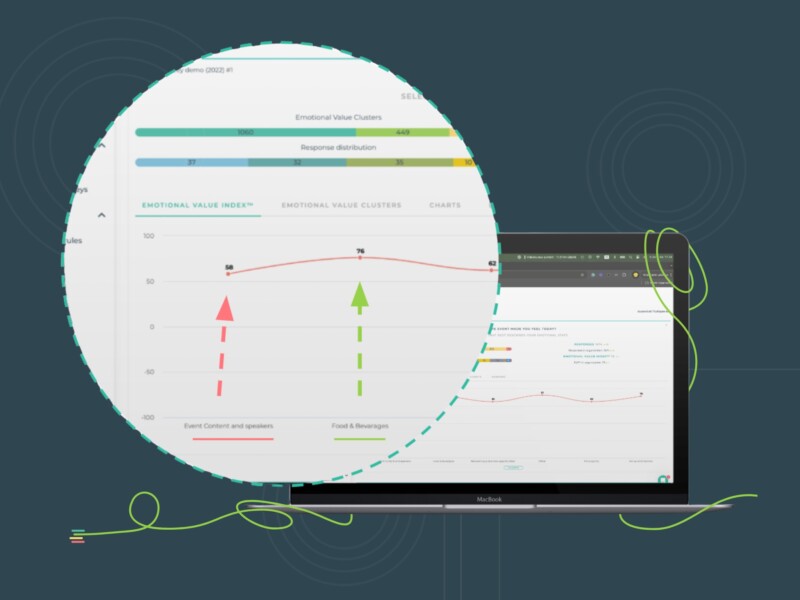Changes in technology have created a new business ecosystem where the most successful businesses are growing a lot faster than ever before. In other words:
Technology has changed everything we know about building companies.
Startup culture has come along way in the past 20 years. Nowadays there is thankfully a greater emphasis on the concept of employee experience. Gone are the days where startup employees are expected to give up all or most of their waking hours for the good of the company. We have more employees working at startups than before. In 2015, 414,000 startups created 2.5 million new jobs in the United States alone.
Despite this enormous employment figure, the issue is that many of these companies are worried about the customer experience and not about their employee experience. But what if investing in improving employee experience would result in a better customer experience?
Who you hire and how satisfied they are in their role has a direct effect on your employee experience and ultimately the output quality of your company. The best leaders have a growth mindset – they successfully adapt to change and influence others to do the same. This is a survival skill in our fast changing world.
What is Employee Experience?
Employee experience is a factor of the cultural, environmental, and technical environment in which employees work. The tools like equipment and interface that employees use to work make up the physical environment. The physical environment is what employees find when they walk into your office. The cultural environment refers to how the employees feel, which is influenced by the leadership style within the organization, how they are compensated, and the leadership structure.
Employees have different personalities and temperaments, so everyone on the team is not going to have the same employee experience. But to create the best possible employee experience in a startup, it would be best to keep in mind the unique opportunities that startups present to employees.
1. Hire The Right People
Ok, now this seems obvious. But in reality, so many companies (and especially startups) are plagued with a sub-optimal hiring process. This means that roles are not clearly defined and job descriptions are not clear. As a result, the wrong people are often recruited for roles that they are clearly not suited for. Now, this does not always mean that they are not qualified for the job, it could be a value mismatch (someone who does not believe in the company mission, for example).
Regardless of the reason, ensuring that you are hiring the best person for a job can be done with a multi-faceted approach:
- Attract talent with employer branding
- Create a highly structured (but flexible) hiring process
- Evaluate your compensation system every year
This is an overly simplified approach, but you get the idea. Hire the right people – it makes all the difference in the world.
2. Create A Culture Of Ownership
Startup employees have a better opportunity than people working in established companies to take ownership of their work. Their success or failure of a project is more amplified because teams tend to be smaller. In order to turn this into a positive attribute instead of allowing it to be a hindrance, find the value in ownership as a core belief of your company.
Reward those who own and succeed, and provide useful feedback to those who own and fail. This way, there is no reason why ownership should be a scary word even to new, less experienced employees.
Reward employees who suggest new ideas, and then take the responsibility of following through with the implementation. Appreciate employees who take ownership of their jobs, coming up with new solutions, anticipating challenges. Engaged employees will create engaged customers. They will create a seamless customer journey because they are so invested in their work.
3. Instill Values & Vision
Getting and keeping the right people isn’t all about the money. A recent LinkedIn survey found that a vast majority of professionals would seriously think about accepting a lower salary in order to work with a company whose values were more in keeping with their own.
More than anyone else, startup employees really internalize the vision and mission of the company. First hires who survive become vision bearers along with you, they remind everyone else of why the company was formed and what really matters. They tell others about the journey that you have travelled. Hire people whose values align with yours and constantly remind them of the values of the company.
4. Get Feedback (Constantly)
It’s not possible to perfect your employee experience without honest feedback. Create ways to generate feedback at each stage of the employee journey. This works better than doing it only annually or upon exit. You will probably get more genuine answers and might even give you an opportunity to address the issues raised in the feedback in time.
Using consistent tools to measure the response will make the information better. Automate the feedback system so that at every milestone an employee experiences, an employee automatically receives the feedback request. This feedback empowers you with the information that you need to create a better employee experience which will, in turn, result in more engaged customers.



